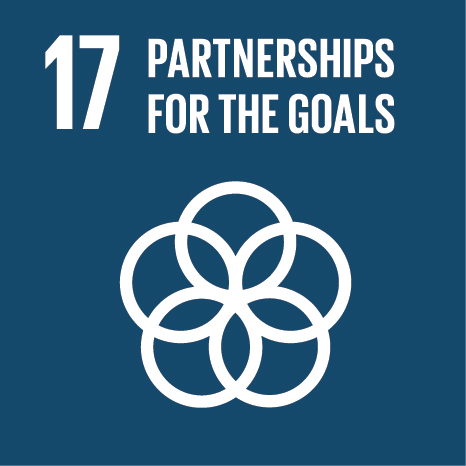Ciência_Iscte
Publications
Publication Detailed Description
Knowledge transfer in the cultural and creative sector: institutional aspects and perspectives from actors in selected Atlantic Regions
Journal Title
Social Sciences
Year (definitive publication)
2019
Language
English
Country
Switzerland
More Information
Web of Science®
Scopus
Google Scholar
This publication is not indexed in Overton
Abstract
The 21st century has witnessed a growth in the importance given to the third mission of Higher Education Institutions (HEI). This third mission refers to the socioeconomic engagement with the surrounding social and business fabric, namely in the form of knowledge transfer (KT) schemes and policies. Despite its widely-recognized importance, the Cultural and Creative Sector (CCS) has remained only marginally engaged with HEI, in part due to the lack of explicit policy by public actors to bring the two types of actors together. This article seeks to explore the institutional frameworks that have been developed for knowledge transfer from HEI to the CCS in selected regions of the Atlantic Area. Towards this goal, it first analyses some of the sectoral specificities of the CCS, identifying three feature which distinguish the sector: the entrepreneurial structure and organization of CCS; the type of knowledge, innovation and motivations of firms; and their absence of connections to HEI. The article seeks then to analyze to what extent existing policy on CCS and KT policies in the regions has tackled these specificities, through a qualitative analysis of reports, policy documents, and academic analysis of the regional economies, before proposing a model for understanding KT policy in the CCS sector, which serves as a preliminary line of inquiry into the knowledge relations in the CCS. Finally, these policy concerns are related to the perceptions of CCS practitioners, attempting to understand the primary concerns of these actors according to their regional context. The article highlights the existing disconnect between public policy, the current state of understanding of the CCS and the industry actors, urging for greater research and policy-development to promote innovation and socioeconomic growth.
Acknowledgements
This article is inspired by 4H-CREAT (EAPA_486/2016), European cooperation project from 2017-2019, co-funded by INTERREG Atlantic Area, through FEDER.
Keywords
Knowledge transfer,Cultural and creative sector,Quadruple helix,Innovation
Fields of Science and Technology Classification
- Other Social Sciences - Social Sciences
Funding Records
| Funding Reference | Funding Entity |
|---|---|
| UID/SOC/03127/2013 | Fundação para a Ciência e a Tecnologia |
Contributions to the Sustainable Development Goals of the United Nations
With the objective to increase the research activity directed towards the achievement of the United Nations 2030 Sustainable Development Goals, the possibility of associating scientific publications with the Sustainable Development Goals is now available in Ciência_Iscte. These are the Sustainable Development Goals identified by the author(s) for this publication. For more detailed information on the Sustainable Development Goals, click here.

 Português
Português


